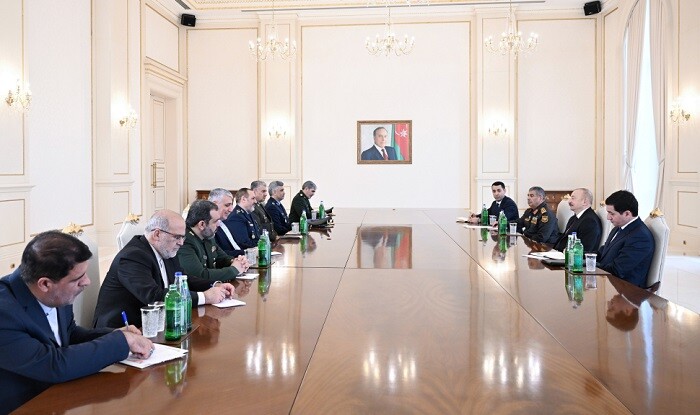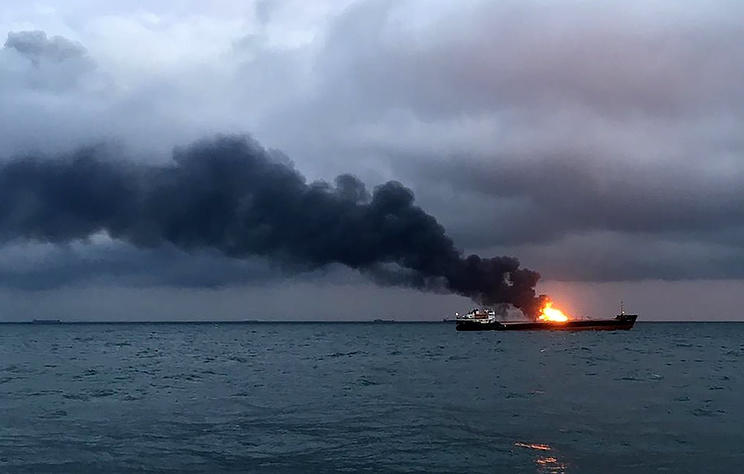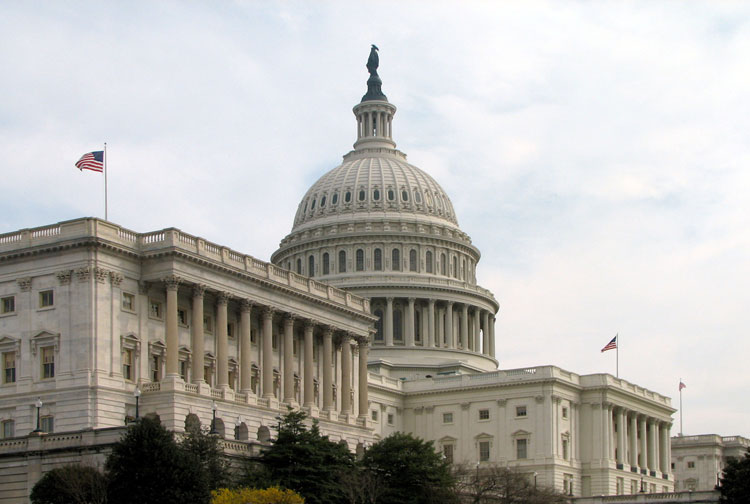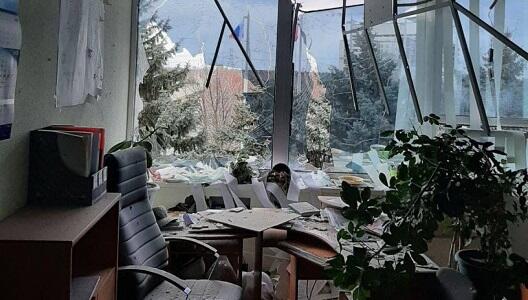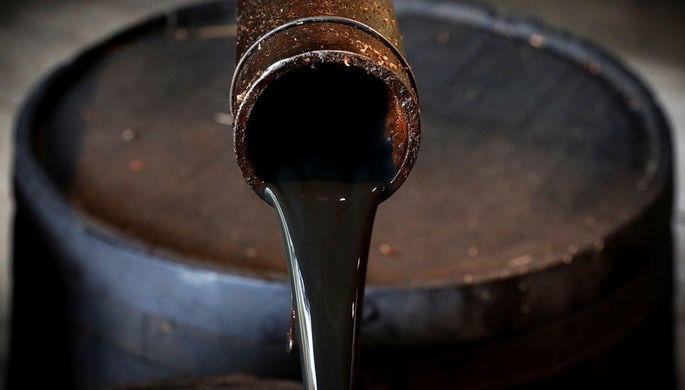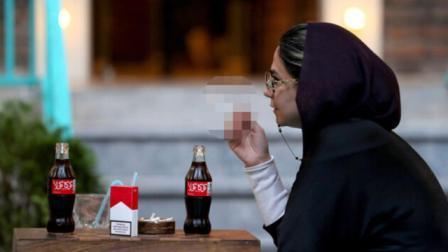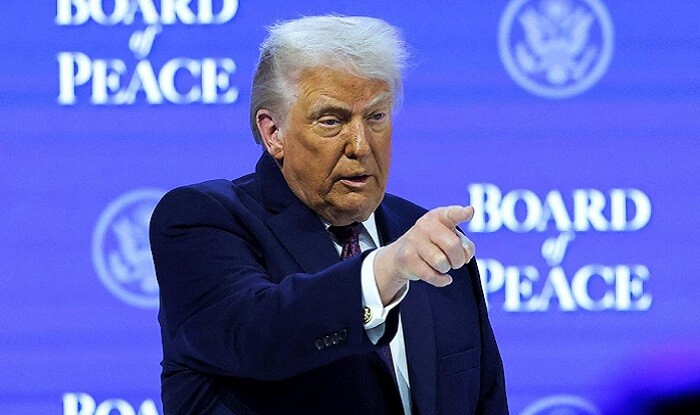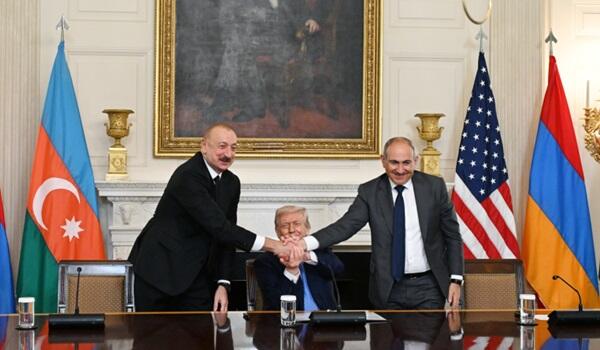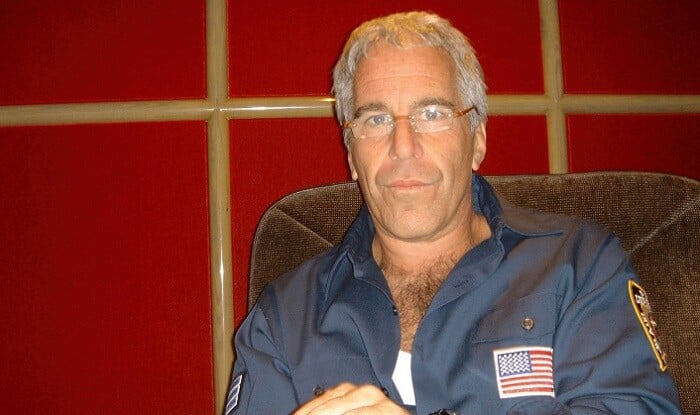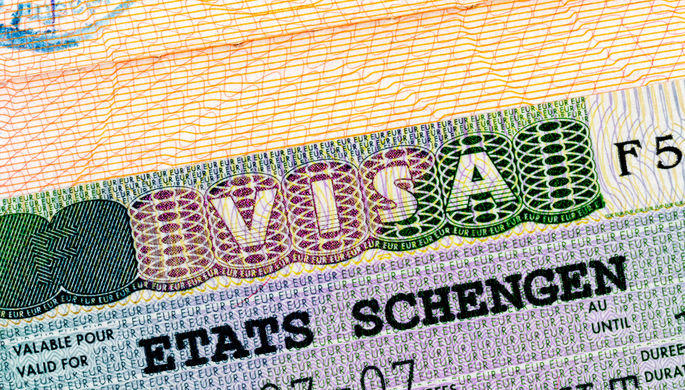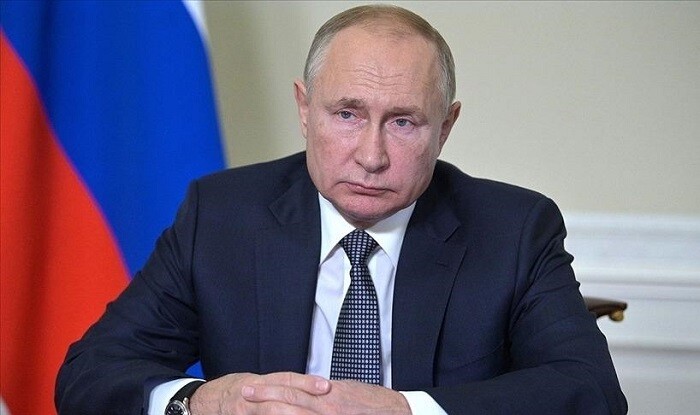France adopted new anti-corruption legislation on
Tuesday which will for the first time enable companies to strike
negotiated financial settlements with magistrates, in line with
practice in the United States and Britain.
The measure approved by the lower house of parliament comes
after France has been criticized by international organizations for
failing to ever convict a French firm for bribery abroad.
French firms including Alstom or Total have however been fined
in corruption cases in the United States.
France ranks 23rd in Transparency International's latest
corruption perception index, behind Germany, Britain and the United
States.
The new system, allowing for a Deferred Prosecution Agreement
(DPA), aims to speed up lengthy legal procedures. The maximum fine
will amount to 30 percent of the company's annual turnover.
"It will help companies resolve cases without going to court,
without the press being around day after day, and it will probably
be cheaper," Washington-based anti-corruption lawyer Saskia Zandieh
of the Miller & Chevalier practice told.
Initial proposals were criticized by the Conseil d'Etat - the
country's highest administrative court - which said it was worried
they would lead to a lack of public scrutiny.
To alleviate those concerns, the final version includes
provisions to ensure a judge checks the legality of the settlement
in a public hearing.
"I am sure that this provision will be implemented usefully by
magistrates and that our country will at last fight so-called
transnational corruption effectively," Finance Minister Michel
Sapin told lawmakers.
The French Treasury also estimates the bill, which creates a new
anti-corruption agency and greater protection for whistleblowers,
could boost economic growth by 0.2 percent annually by increasing
business confidence.
The bill is dubbed "Sapin 2", because the minister introduced a
series of anti-bribery measures under a previous Socialist
government in 1993.



